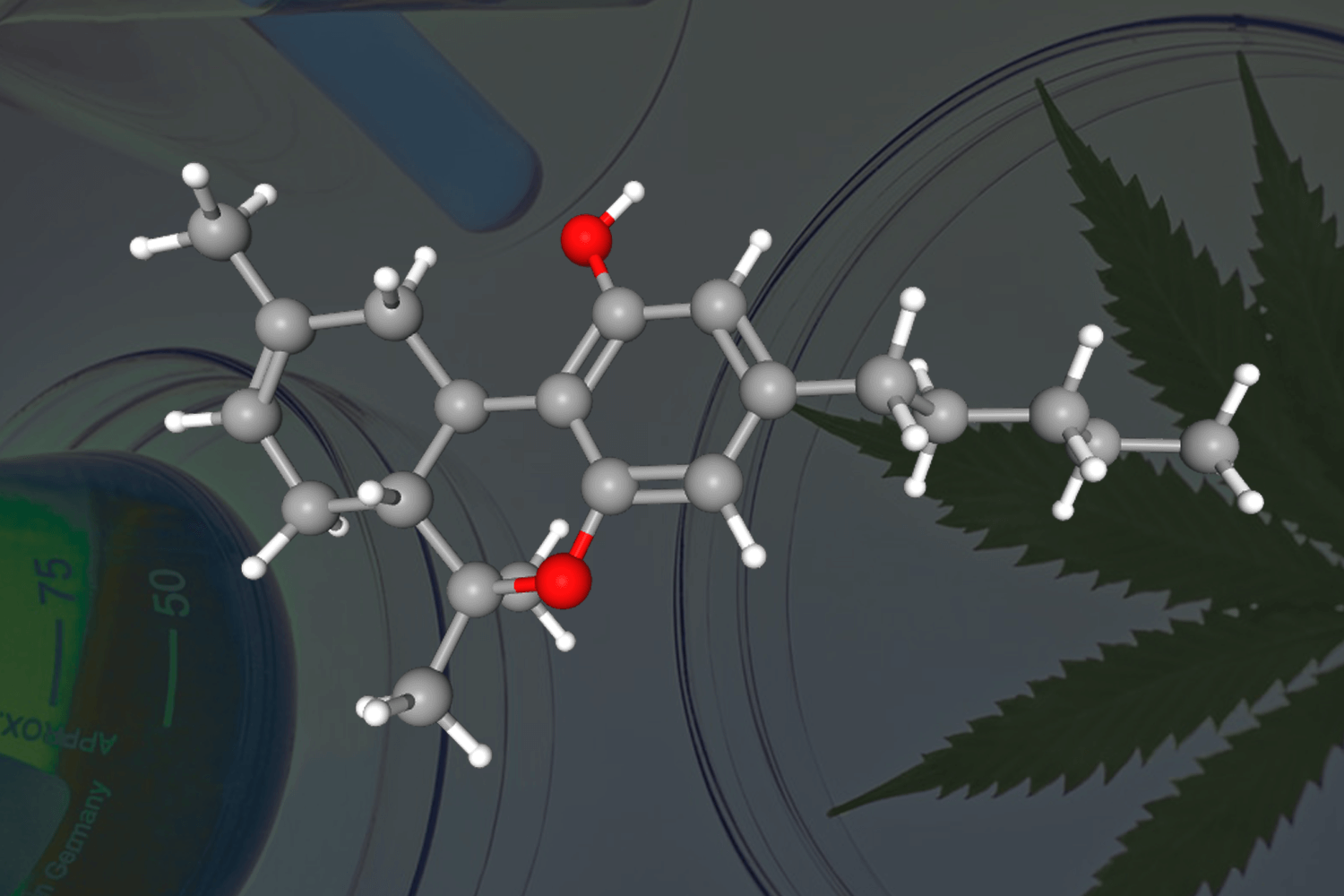The Δ-8THC molecule occurs naturally in the cannabis plant in very small amounts. While there may be no issues with the cannabinoid itself, the conversion of CBD or Δ-9THC into Δ-8THC often utilizes light hydrocarbons and acids, such as sulfuric acid, as solvents. These solvents are often found as contaminants in the products because the producer is not taking the steps to ensure they are washed out of the final product. Furthermore, for many of these compounds, there are no mandated testing requirements and they will not appear on even legitimate certificates of analysis (COA).
The conversion of CBD into Δ-8THC is more complicated than converting Δ-9THC into Δ-8THC. This process results in a number of molecular isomers that do not exist in nature. There are many peaks in the lab analyses of these products that are unidentifiable. We have no knowledge of how these isomers behave in the body.
For the most part, the companies that are making these products are untrained, garage chemists who are not likely to be following GMP standards. While there may be a few reputable laboratories/companies who are producing Δ-8THC, this does not negate the fact that we do not know if these many isomers produced during the conversion of CBD to Δ-8THC are safe for human consumption.
For further analysis on the safety profile and considerations of Delta-8-THC, check out both the snippet of SCC Course author Ethan Russo, MD on Canna Talk with Frye & Wilson-King and the CannMed Coffee Talk podcast with SCC course author Greg Gerdeman, PhD.



